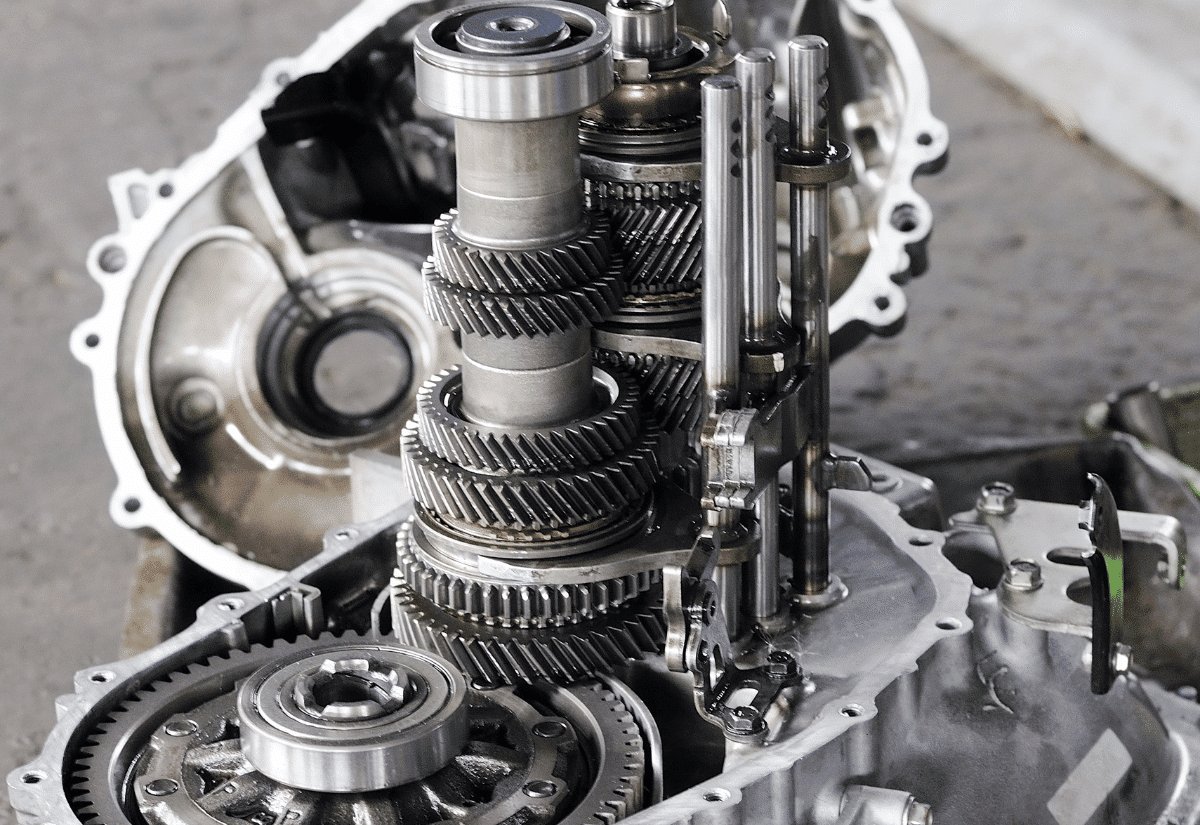A whining transmission is often a sign of underlying issues that could lead to significant problems if not addressed. Understanding how long you can expect a whining transmission to last before it fails is crucial for vehicle owners. This article will delve into the causes of a whining transmission, what to look for, possible consequences, and preventive measures to consider.
Understanding Transmission Whining
When your vehicle’s transmission starts to whine, it’s usually more than just an annoying noise. This sound can indicate that something is going wrong within the transmission system. The whine might be most noticeable when you accelerate or shift gears, and it signals that the transmission is not functioning optimally.
Transmission systems are complex, consisting of various moving parts that work together to transfer power from the engine to the wheels. When the components begin to wear down or malfunction, it can result in a whining sound. Understanding the source of the whining is crucial for diagnosing the problem effectively.
Common Causes of a Whining Transmission
There are several common reasons why a transmission may make a whining noise. One of the primary culprits is low transmission fluid. Transmission fluid acts as both a lubricant and a hydraulic fluid, helping the various components function smoothly. When the fluid level is low, it can lead to increased friction and overheating, causing a whining sound.
Another potential cause could be worn transmission components, like bearings, gears, or pumps. Over time, these parts can wear down due to continuous use and insufficient lubrication. Additionally, a failing torque converter can also produce whining noises, impacting the vehicle’s ability to shift gears properly.
Symptoms Accompanying a Whining Transmission
It’s essential to pay attention to other symptoms that may accompany the whining sound. These signs can help you determine the severity of the issue and whether immediate action is required.
For instance, if you notice a change in how your vehicle shifts gears—such as slipping or grinding—it can indicate a severe problem within the transmission. Similarly, if the whining is accompanied by a burning smell or fluid leaks, these could be signs of overheating and fluid loss. Monitoring your vehicle for these symptoms can help you identify issues early on.
How Long Can a Whining Transmission Last?
The longevity of a whining transmission can be challenging to determine since it depends on various factors. These include the severity of the underlying issue, how long the transmission has been whining, and how well the vehicle is maintained.
If the whining is due to low fluid levels and is addressed promptly, the transmission may continue to function for years. However, if the whining indicates significant component wear or damage, the lifespan could be considerably shorter. Generally, a transmission that has begun to whine might last anywhere from a few weeks to several months before complete failure occurs.
Risk of Ignoring a Whining Transmission
Ignoring a whining transmission can be a costly mistake. As the underlying issue worsens, it can lead to more severe damage or complete transmission failure. Repairing a transmission can be expensive, often costing thousands of dollars, depending on the make and model of your vehicle.
If the transmission fails entirely, it could leave you stranded, leading to added expenses for towing and additional repairs. Moreover, if the issue originates from components that are still under warranty, ignoring early signs may void that warranty, leaving you with the full financial burden.
Maintenance Tips for Your Transmission
Preventive maintenance is crucial for extending the lifespan of your transmission. Regularly checking your fluid levels and ensuring they’re topped up can help prevent many issues associated with a whining transmission.
Additionally, changing the transmission fluid at recommended intervals can help reduce wear on internal components and ensure proper lubrication. It’s also important to monitor for leaks or changes in fluid color and consistency, as these can signal problems that need addressing.
Scheduling regular inspections with a trusted mechanic can help catch potential issues early and prolong the life of your transmission. Mechanics can inspect the transmission and related components, identifying issues that may not yet be evident to you.
When to Consult a Professional
Knowing when to seek professional help is vital for any vehicle owner. If your transmission begins to whine, don’t delay in seeking a diagnosis. The sooner you address the issue, the less likely you are to face severe and costly problems down the road.
Consult a qualified mechanic who can conduct a thorough inspection of your transmission. They can perform necessary diagnostic tests and provide recommendations for repair or maintenance. Ignoring the signs can lead to more complex issues that may result in complete transmission failure.
Conclusion
A whining transmission is a warning sign that should not be ignored. While its lifespan can vary based on several factors, taking proactive steps can help you avoid costly repairs and ensure your vehicle remains reliable. Regular maintenance, timely inspections, and addressing symptoms early can make a significant difference in the longevity of your transmission. Always listen to your vehicle; your attention can save you time, money, and trouble.
FAQs
1. Can I drive with a whining transmission?
It’s not advisable to drive with a whining transmission as it may indicate significant issues that could lead to complete failure if not addressed.
2. What happens if I ignore a whining transmission?
Ignoring a whining transmission can lead to more severe damage and potentially costly repairs, as well as the possibility of being stranded due to complete failure.
3. Is a whining transmission repairable?
Yes, a whining transmission is often repairable, especially if the underlying issue is addressed early. However, the cost will vary based on the extent of the damage.
4. How often should I check my transmission fluid?
It’s recommended to check your transmission fluid every 30,000 miles or every two years, but consult your owner’s manual for specific recommendations for your vehicle.
5. Can a bad torque converter cause whining?
Yes, a failing torque converter can produce whining noises and can affect the overall performance of the transmission system. It’s important to get it checked if you hear any unusual sounds.



